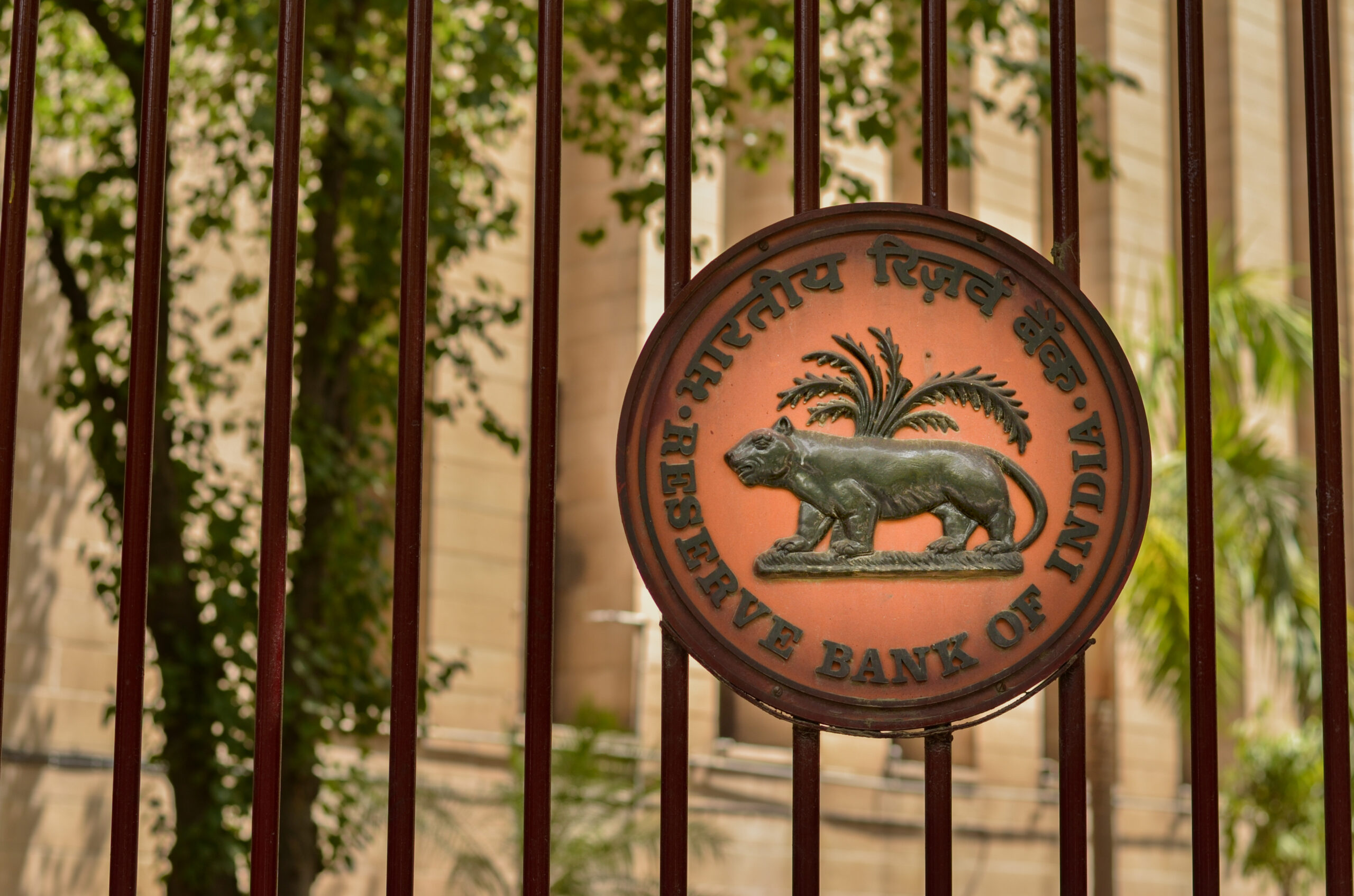 Back
Back
RBI boosts UPI popularity by raising automatic payment limit
By Puja Sharma
 The Reserve Bank of India announced an upward revision in the limit for automatic payments through the Unified Payments Interface (UPI). The new limit is set at Rs 1 lakh per transaction, a significant increase from the previous cap of Rs 15,000. This adjustment specifically applies to certain categories, such as mutual fund subscriptions.
The Reserve Bank of India announced an upward revision in the limit for automatic payments through the Unified Payments Interface (UPI). The new limit is set at Rs 1 lakh per transaction, a significant increase from the previous cap of Rs 15,000. This adjustment specifically applies to certain categories, such as mutual fund subscriptions.
Currently, a relaxation in the Additional Factor of Authentication (AFA) is allowed when processing electronic mandates and standing instructions on cards, prepaid payment instruments, and UPI. This relaxation is applicable for subsequent recurring transactions with values up to Rs 15,000.
Enhancing UPI transaction limit for Specified Categories
Unified Payments Interface or UPI continues to grow in popularity. The transaction limit for UPI is capped at ₹1 lakh, except a few categories like Capital Markets (AMC, Broking, Mutual Funds, etc.), Collections (Credit card payments, Loan re-payments, EMI), Insurance etc. where the transaction limit is ₹2 lakh. In December 2021, the transaction limit for UPI payments for Retail Direct Scheme and for IPO subscriptions was increased to ₹5 lakh.
To encourage the use of UPI for medical and educational services, it is proposed to enhance the limit for payments to hospitals and educational institutions from ₹1 lakh to ₹5 lakh per transaction. Separate instructions will be issued shortly.
To make online transactions more convenient while ensuring security, a system called e-mandates was set up in August 2019. Currently, you can do e-mandates for transactions up to ₹15,000 without extra security steps. Right now, there are 8.5 crore registered e-mandates, handling transactions worth ₹2800 crores every month. But for things like subscribing to mutual funds, paying insurance premiums, and credit card bills, where transactions are often more than ₹15,000, people have said the limit should be higher.
So, the idea is to make it easier for transactions up to ₹1 lakh in these categories (mutual funds, insurance premiums, and credit card bills). For these, you won’t need extra security steps. But the usual rules like getting notifications before and after transactions and having the option to opt-out will still apply. They’ll be giving out more details about this soon.
The Reserve Bank of India has plans to create a special place on the internet (like a virtual storage space) for banks and other financial companies to store their information. This is because these institutions deal with a lot of data and having a dedicated space in the “cloud” can make it more secure and private.
The idea is to improve the security, reliability, and privacy of financial data. This cloud facility will also make it easier for banks to handle a large amount of information and continue their operations smoothly even in challenging situations.
Initially, a company owned by the RBI will set up and run this cloud facility. However, the goal is to eventually transfer the responsibility to a separate entity owned by various financial institutions. This transition will happen gradually over time.
Setting up of Fintech Repository
To ensure a strong and secure FinTech sector and encourage best practices, regulators and stakeholders need to stay informed about FinTech companies and what they do. Nowadays, FinTechs use advanced technologies like Distributed Ledger Technology (DLT) and Artificial Intelligence/Machine Learning (AI/ML). To better understand these developments and provide the right support, there’s a proposal to create a Repository.
The RBI’s Repository will gather important information about FinTechs, including their activities, products, technology, and finances. FinTechs can voluntarily share this information, which will help design appropriate policies. The Reserve Bank Innovation Hub plans to make the Repository operational by April 2024 or even earlier, with guidelines to be issued separately. This step aims to foster transparency and collaboration in the FinTech sector.
IBSi FinTech Journal

- Most trusted FinTech journal since 1991
- Digital monthly issue
- 60+ pages of research, analysis, interviews, opinions, and rankings
- Global coverage
Other Related News
Related Reports

Sales League Table Report 2025
Know More
Global Digital Banking Vendor & Landscape Report Q2 2025
Know More
NextGen WealthTech: The Trends To Shape The Future Q4 2023
Know More
Intelligent Document Processing in Financial Services Q2 2025
Know More


